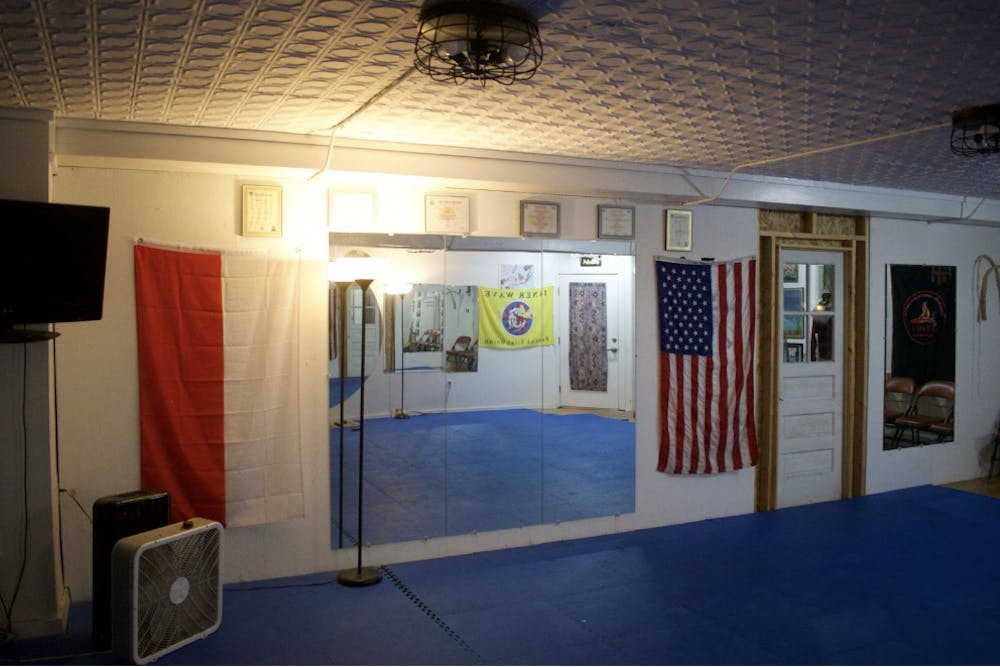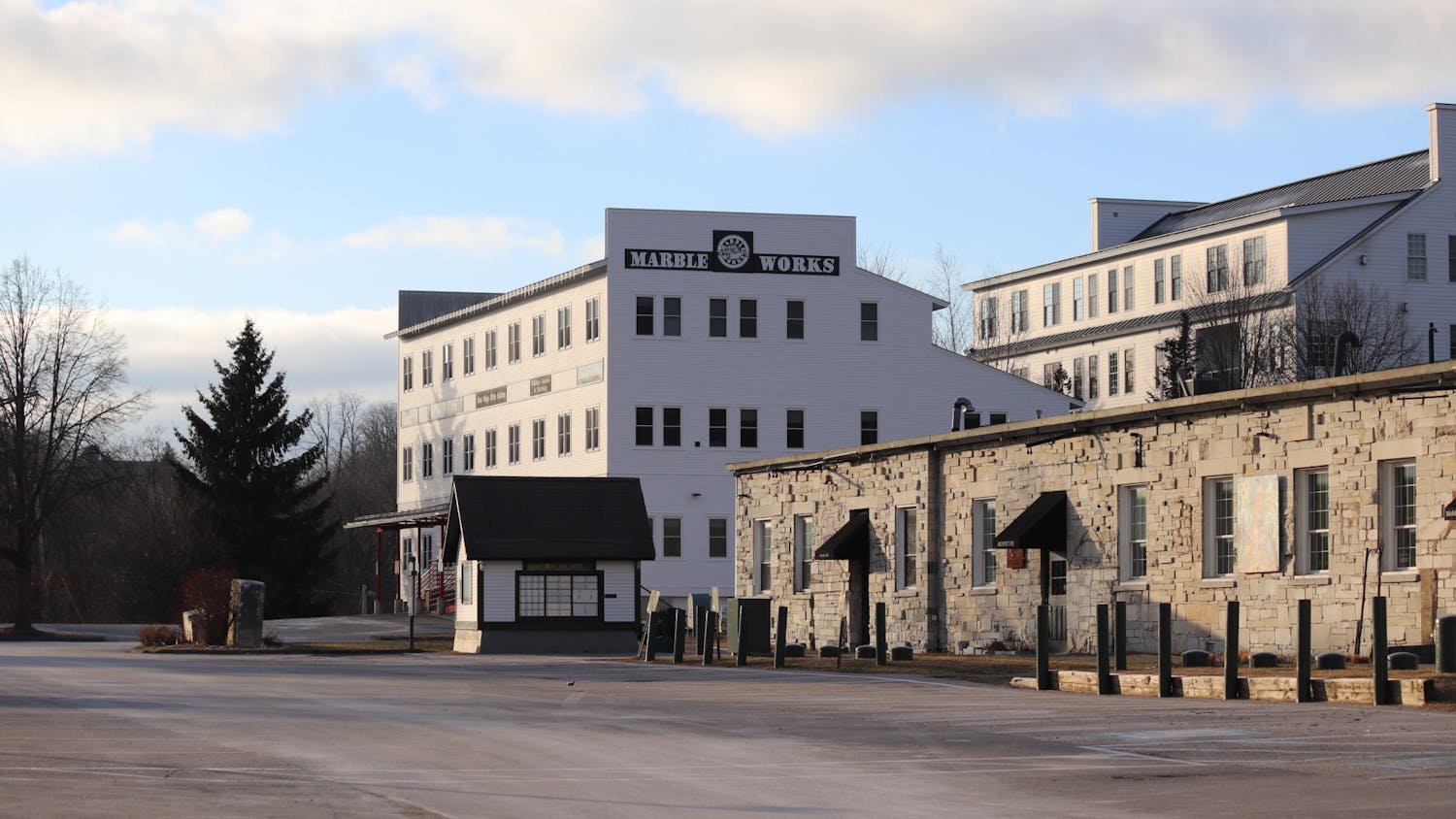It's a rainy, cold afternoon as I walk down Main Street and descend a staircase overlooking Otter Creek Falls. At the bottom, I open the door to see a wide-smiled man who greets me and invites me into a dojo that has been ten years in the making. An intimate and very intentional space, the dojo’s Indonesian artifacts and iconography paired with the window overlooking roaring waters below tell me that the place isn’t just a martial arts room, but a temple for an artform.
The man who welcomes me is Marcus Kim, co-founder and chief instructor of Green Mountain Inti Ombak Pencak Silat, Vermont’s first ever dojo for the study and practice of the Indonesian martial art of Pencak Silat. A martial arts form different from any other in the world, Pencak Silat, or Silat for short, has existed for thousands for generations, passed down by a select few royal guards of the Sultan. On the Inti Ombak Pencak Silat (IOPS) website, they explain that Silat is “characterized by high stances, diverse, flowery hand motions that allow for long, strong, fast striking and extensive langkah patterns or footwork. It has a strong emphasis on self defense, as well as the development of daya batin or internal power.”


Kim founded his school in Middlebury with Earl Hurlburt, the first American in history to win a medal at the Pencak Silat championships. After training with Guru Daniel Prasetya, a direct descendent of the Mataram Kingdom of Central Java, Kim decided to bring Silat to Vermont in 2012, a time when he said “very few people here even knew what Pencak Silat was.”
“It just felt like I had finally found a practice that was sacred and not pretentious,” recalled Kim. “The first day I was shown Pencak Silat by a friend, I ended up training with him for ten hours straight that day. After he left, I trained ten hours every day for two weeks practicing the forms he showed me. That was something that I had not seen, heard or experienced in a martial art ever before.”
In a room on the banks of Otter Creek, students of all ages and backgrounds are taught a mix of two styles — one from Central Java and one from the island of Madura. Central style is inherited from high-class royalty and characterized by elaborate dance-like motions called melangkah, which means “to step.”

Madurese style, the other influence, is inherited from blue-collar origins. Kim explains to me that many who practiced the art were fishermen who trained and sparred on their boats, leading to a wide-stanced style and focus on balance. At some point in time, there was an arranged marriage between the prince of Central Java and the princess of Madura, creating the style of Silat now known as “Inti Ombak Pencak Silat,” or in English, “Inner Wave Pencak Silat.”
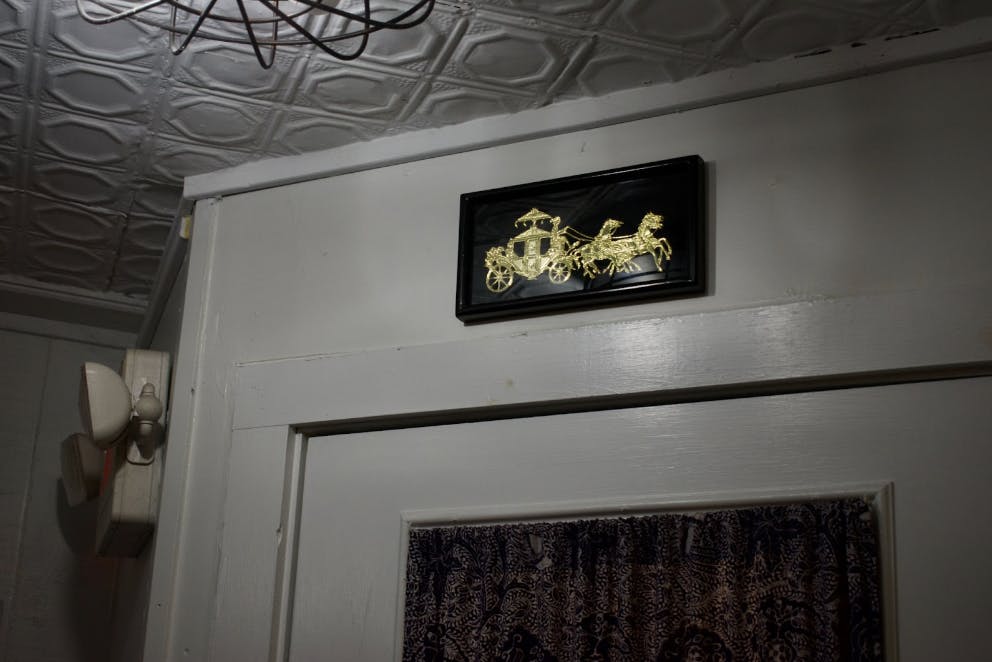
“You can't have Pencak Silat without an understanding of where the motions come from, why they look the way they do, why they use specific weapons, and their respective staccato or fluid rhythms,” Kim said. It’s apparent to me as I’m sitting in the dojo that Pencak Silat is a holistic education, hardly comparable to the shopping center, pay-to-play, throw-your-kids-in-karate type “dojos” I was forced to go to as a kid.
The levels of Pencak Silat are as follows: the Basic Phase, which consists of breathing sets, basic jurus (forms) and cultural education; Animal Phase, a more explosive and aggressive evolution of basic level; Element Phase, a mix of meditation, deeper histories and combining elements to accomplish a specific outcome; and the final phase, the Human Phase, the evolution of the homo sapien to connect with a higher power and ultimately become wise in regards to Javanese body, mind, spirit and soul. It’s expected that most won’t be able to master the Human Phase in their own lifetime. Even though Indonesia is the most populous Muslim country in the world, religion exists in plurality, with Muslim, Christians, Hindus and Buddhists coexisting more or less peacefully. Pencak Silat is not a form of religion.
“We don't teach religion, we guide people towards the development of spiritual awareness and connecting to their own higher power,” Kim explained.
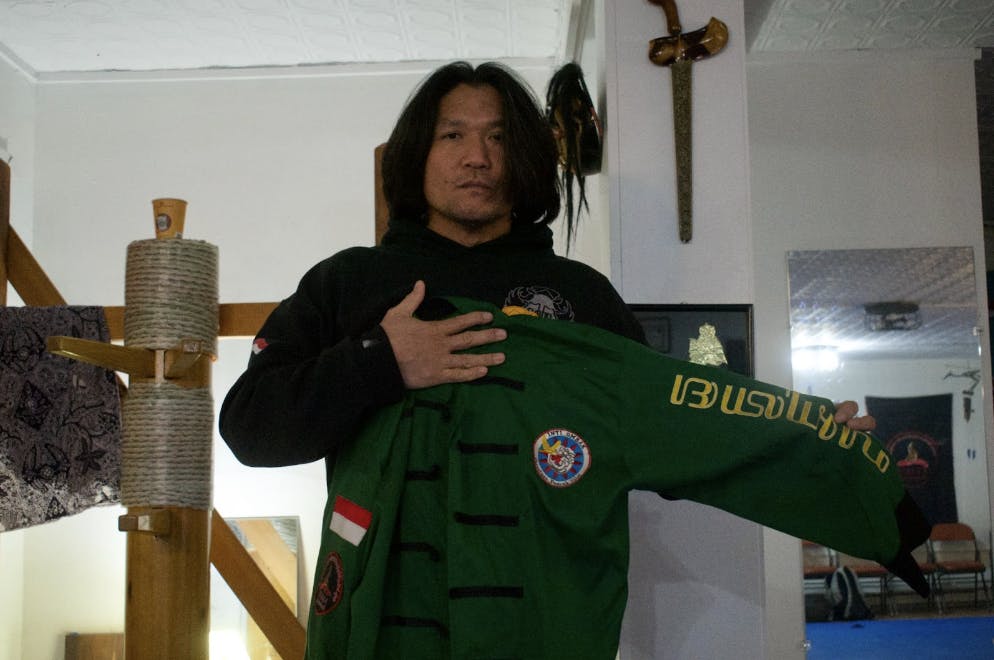
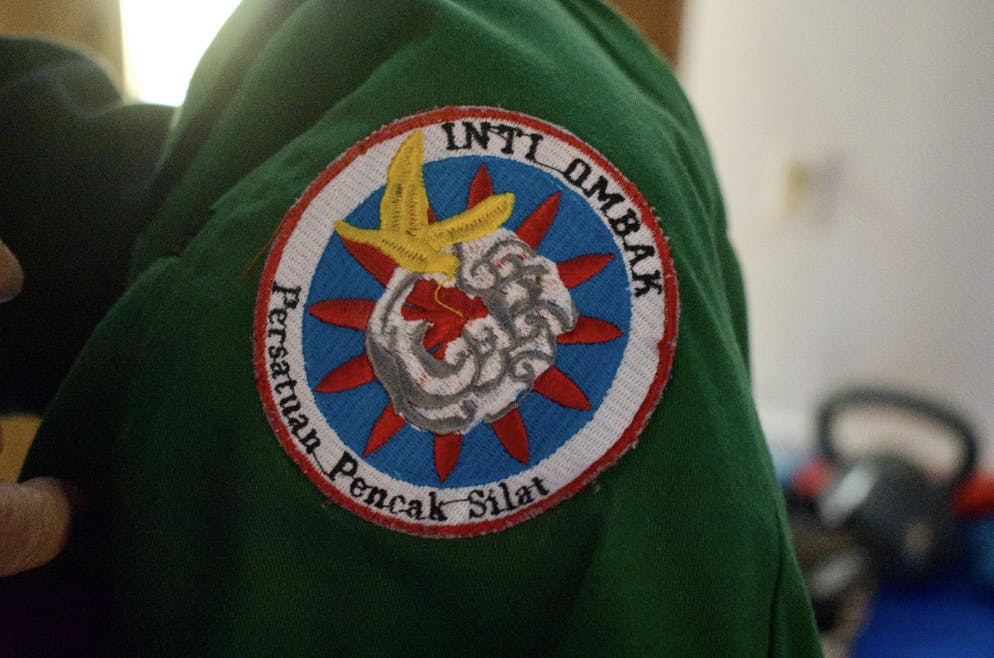
With connections to spirituality in a room equivalent to a mid-sized classroom at the college, Kim and Hurlburt have maintained their humble beginnings with stride. Kim is open regarding how his motivation has never been for profit, and has and will always be the sharing of the art, choosing to intentionally not put more effort into advertising than he needs to. He is grateful for the kindness the school has received throughout their journey, and recalls a specific gesture from a Middlebury professor that he will never forget.
“When we started, we were fortunate enough to be able to train with the aikido group led by Johnathan Miller-Lane, who is actually a Middlebury professor. When we approached him, his eyes lit up. ‘I know what Pencak Silat is, and I want you guys to train here.’ We asked him, ‘How much for a month?’ He dismissed my question. ‘Don’t even worry about it, just train here, we want you guys here.’”
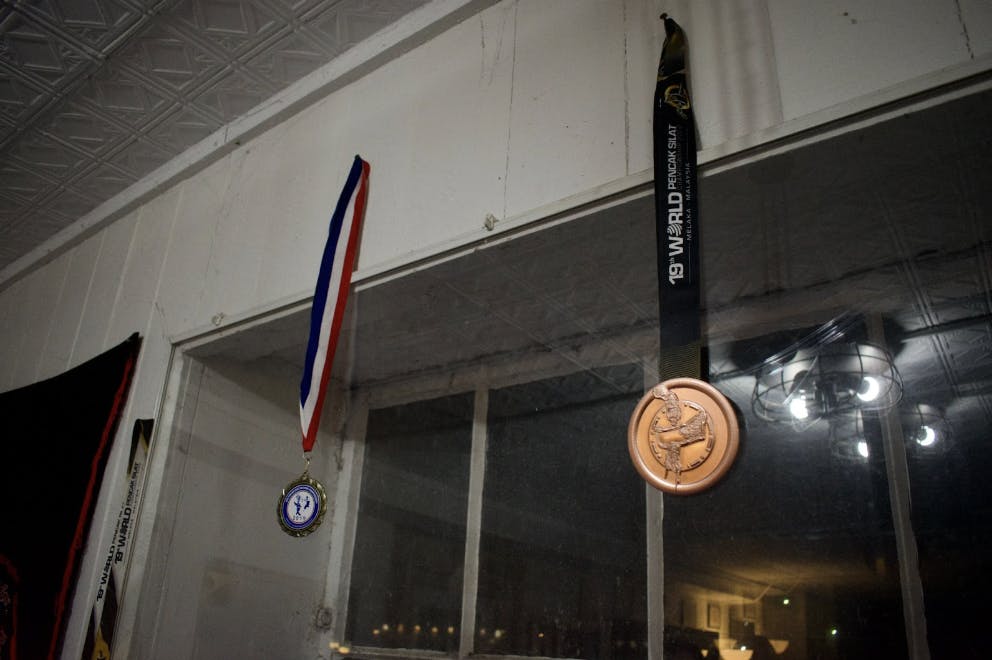
Throughout the years, IOPS has always maintained a core group of eight to 10 students, even through the pandemic (with rigid testing and strict guidelines). Some are college students, some are residents, and all are drawn to the artform seeking something. This can be physical activity, a spiritual practice or even potentially a therapeutic intervention.
Recently, IOPS has increased its relationship with Middlebury College, working with field hockey coach Katharine DeLorenzo and running a four-week seminar over the summer with students from South Asia through the East India Project. Students can also successfully count Pencak Silat as a P.E. credit as required for graduation. Plus, due to the holistic nature of the martial art, they can provide different certifications such as Tai Chi, self defense and yoga from different curriculums to use as credit upon approval.
As Pencak Silat grows across the U.S. with dojos in major cities like Denver, New York City, Honolulu and Baltimore, Kim will continue to inspire both current and future students in the generational art of Pencak Silat with no plans on abandoning the project he jointly started here more than 10 years ago. If interested in joining a class, Kim encourages beginners to his general class on Wednesdays from 6:30 to 8 p.m. Like the falls tumbling underneath it, Middlebury’s own historic Green Mountain Inti Ombak Pencak Silat school flows like water into the hearts of all who find themselves a part of it, challenging them to ride on top of, instead of drown in, their inner wave.


